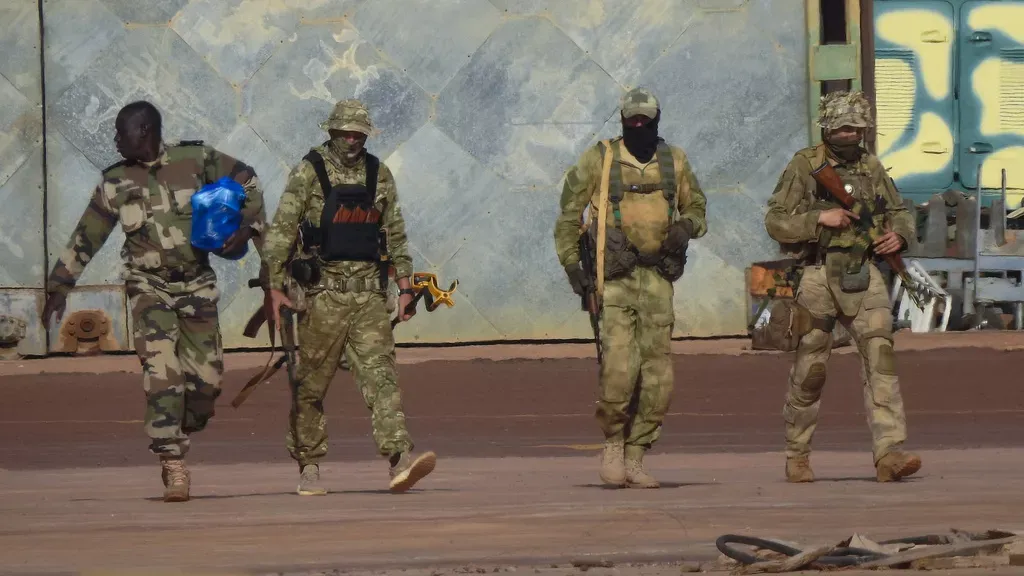Bamako, Mali (TAE)-Rights organizations have raised alarms over the involvement of the Russian mercenary group Wagner in deadly military operations in Mali, highlighting a worrying pattern of civilian casualties, including children, in the West African nation’s ongoing battle against jihadi insurgents. Reports released this week cover incidents from December through March, accusing Wagner and Mali government forces of conducting raids and drone strikes that have claimed numerous innocent lives.
Mali, alongside Burkina Faso and Niger, has been embroiled in a conflict against groups affiliated with al-Qaida and the Islamic State for more than a decade. The situation has deteriorated following military coups in these countries, leading to the expulsion of French forces and the engagement of Russian mercenaries as part of a shift in security strategy.
The violence in Mali has notably escalated since Wagner’s mercenaries arrived post the 2021 coup, with the Mali junta intensifying its military efforts. Reports of drone strikes targeting civilian gatherings and raids involving Russian mercenaries have been particularly disturbing, suggesting a reckless disregard for civilian life.
The presence of Russian forces, unchanged even after the death of Wagner’s leader, Yevgeny Prigozhin, in a plane crash last year, has not led to a significant shift in tactics. According to Ilaria Allegrozzi, a senior researcher at Human Rights Watch, Mali’s Russia-backed government is committing severe human rights abuses and is attempting to suppress scrutiny of its actions.
Human Rights Watch documented a raid in January where Malian forces, with Russian support, arrested and subsequently executed 25 individuals, including children, in a village. Similarly, Amnesty International reported on two drone strikes in northern Mali that killed at least 13 civilians. One of the strikes resulted in the death of seven children, highlighting the indiscriminate nature of these attacks.
The drones, supplied by Turkey, are capable of executing precise strikes, yet incidents where civilian gatherings were hit suggest a gross misuse of this technology. For instance, a drone attack on a wedding in the Segou region killed several attendees, followed by another strike on a funeral, amplifying the tragedy.
In response to escalating extremist violence, the juntas of Mali, Niger, and Burkina Faso have announced the formation of a joint security force. This move aligns with their pivot away from regional and Western partners in favor of Russian security support. However, conflict analysts warn that violence has worsened under their governance, despite promises to quell insurgencies, with their forces overstretched in the fight against jihadi violence across shared borders.

